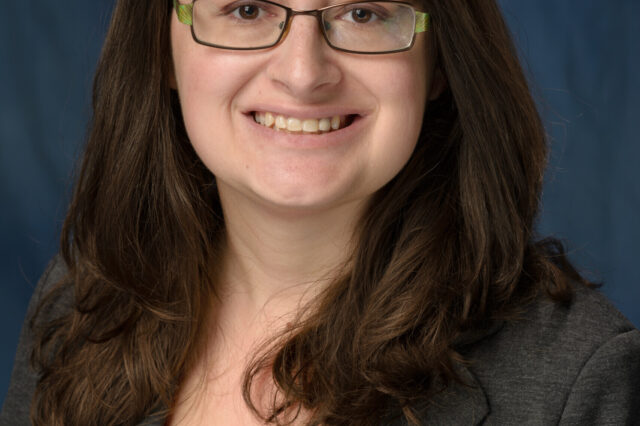Middle-aged trauma patients with preexisting psychological illness have longer hospital stays

A new study by University of Florida researchers finds middle-aged adults with psychological illness such as anxiety and depression are more likely to have longer hospital stays and rehabilitation following trauma affecting bones and muscles.
The findings will be presented on Saturday at the 74th Annual Scientific Meeting of the American Psychosomatic Society.
“We need to better identify patients who have higher risks associated with preexisting psychological illness so they can receive the most effective therapies,” said the study’s lead author, Terrie Vasilopoulos, Ph.D., an assistant professor of anesthesiology and of orthopaedics and rehabilitation in the UF College of Medicine.
For the study, Vasilopoulos’ team expanded on prior research that showed that patients with preexisting psychological illness who are hospitalized for orthopedic trauma have 46 percent longer hospital stays following an injury than their counterparts. Additionally, they are less likely to go directly home after discharge, alternatively being discharged to other types of medical or rehabilitation facilities to receive further treatment. The mechanisms of this relationship are not yet understood, but it’s possible that a preexisting psychological illness contributes to further complications for patients, Vasilopoulos said.
The purpose of the UF study was to note how age influenced these findings. Therefore, patients were separated into three age categories: 18-39, 40-64 and 65 and older. This study examined data from 10,028 adult patients hospitalized for orthopedic trauma between 2000 and 2012.
The researchers found that adults ages 40-64 years with preexisting psychological illness stayed in the hospital two days longer on average than middle-aged patients with no history of psychological illness. Additionally, only half of these middle-aged patients with preexisting psychological illness went directly home after discharge.
One explanation may be that middle-aged adults may have more challenges than their counterparts managing depression due to high work and family demands, Vasilopoulos said. Middle-aged men and women currently have the highest rates of depression in the U.S.
“Alternatively, other research has shown that middle-aged adults are less like to receive adequate mental health treatment,” she said. “Perhaps their longer hospital stays and rehabilitation time is a sign that they actually need more care and are finally getting it.”
Future work is needed to improve early detection of psychological illness after hospitalization and to develop effective therapies related to psychosocial aspects of injury and recovery, Vasilopoulos said.
About the author
